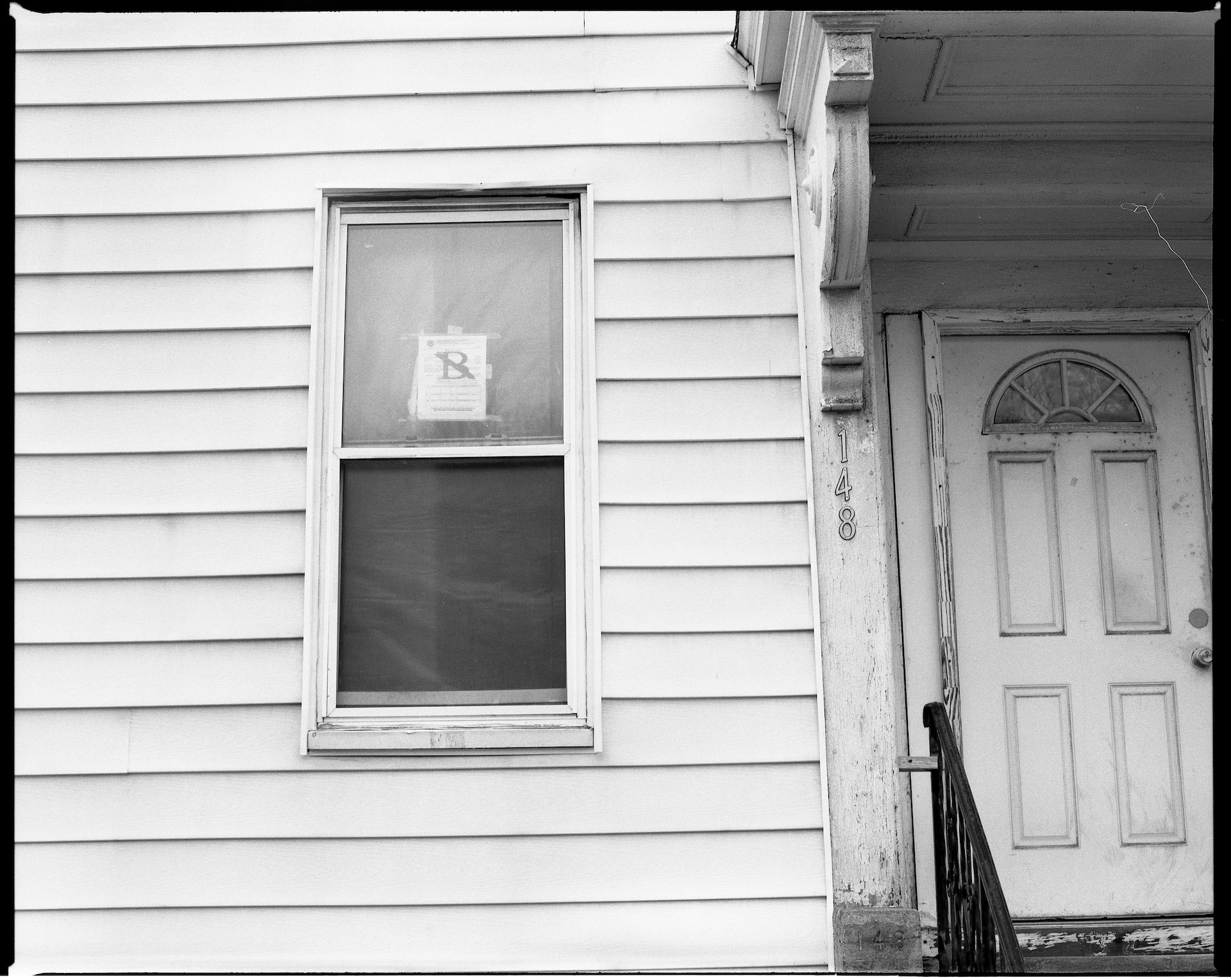Are you facing foreclosure? It can be incredibly stressful, and you might be wondering how it will impact your credit. Foreclosure occurs when a mortgage lender takes possession of a property from a borrower who has failed to make timely loan payments. Depending on your credit profile, it can drop your credit score by well over 100 points. Here’s what you need to know about foreclosure, what to expect and how to rebuild your credit after it happens.
What is Foreclosure?
Foreclosure is a legal process where a lender takes possession of a property from a borrower who has failed to keep up with their loan payments. As a homeowner, understanding foreclosure is important to know the potential consequences if you cannot meet your mortgage obligations.
What Happens During a Foreclosure?
A foreclosure usually begins when you, the borrower, fail to make your agreed-upon mortgage payments. After a certain number of missed payments, your lender may issue a notice of default, which informs you that your mortgage is at risk of entering the foreclosure process. At this stage, it is essential to communicate with your lender, as they may offer solutions to help you catch up on your payments and avoid foreclosure.
If you cannot catch up with the payments or find an alternative solution with your lender, they may decide to proceed with the foreclosure. In a judicial foreclosure, the lender will file a lawsuit in court, which will then issue a foreclosure notice. This notice gives you a deadline to pay your debt or face a legal judgment. If the deadline passes without payment, the court may order the sale of your property to repay the mortgage debt.
By contrast, non-judicial foreclosures don’t involve going to court. Instead, your lender follows the procedures in your state, which typically involve a trustee selling your property at a public auction. You will receive a notice of sale informing you of the auction date and location. You have the right to attend the auction and even attempt to purchase your property back, though it’s essential to consider the financial ramifications of doing so.
During the auction, your property is sold to the highest bidder, and the proceeds are used to pay off your mortgage debt. If the sale price insufficiently covers the remaining debt, your lender may pursue a deficiency judgment against you for the balance. This means you could be held responsible for paying the remaining mortgage debt even after losing your property.
In some cases, you may be able to negotiate a short sale or deed in lieu of foreclosure with your lender. Both options can help you avoid the full foreclosure process, but they still have some credit consequences. More on this shortly.
How Foreclosure Appears on Credit Reports and How Long It Stays
Foreclosures are reported to the three major credit bureaus – Experian, TransUnion and Equifax. The negative entry stays on your credit report for seven years from the date of the first missed payment that led to the foreclosure. This means that your credit score may take a substantial amount of time to recover.
A foreclosure item on your credit report can lower your credit score by more than 100 points. This reduced credit score can make it more challenging for you to acquire credit cards, loans or other properties in the future.
How Does Foreclosure Affect Your Credit?
The Immediate Impact of Foreclosure
When you go through a foreclosure, the first thing you’ll notice is a significant drop in your credit score. Depending on your previous credit score, this drop can be as much as 200 to 300 points. If you had a near-perfect credit score of 800 before the foreclosure, you might end up with a score in the 600 range or even lower, which is considered bad.
Long-term Impacts of Foreclosure on Your Credit
Foreclosure can have long-lasting effects on your credit. After the initial drop in your credit score, the negative impact of the foreclosure will continue to show on your credit report for years to come. It can be more difficult to obtain new loans, credit cards or even insurance during this time. Your interest rates may also be higher because lenders will view you as a riskier borrower due to your foreclosure history.
Other Consequences of Foreclosure
Aside from the negative impact on your credit, foreclosure can have other consequences that you should be aware of. You may have difficulty finding rental housing because some landlords are hesitant to rent to individuals with a foreclosure on their credit report. If you’re seeking new employment, potential employers may conduct a credit check and be less inclined to hire you based on your foreclosure. The latter is relatively common if you’re seeking employment in the financial services sector.
Can You Mitigate the Effects of Foreclosure on Your Credit?
Experiencing a foreclosure on your home can be distressing. It’s essential to recognize the impact this event may have on your credit report and explore ways to mitigate the damage. By knowing what to expect and adopting some proactive measures, you can help alleviate the effects of foreclosure on your credit.
To minimize the adverse effects, consider working with your mortgage lender as soon as you encounter financial difficulties. Loan modifications, loss mitigation options and other alternatives to foreclosure may be available to you. Early communication with your lender is the key to exploring these options.
It’s also essential to maintain a responsible financial approach during this time. Keep your other debts under control to prevent further harm to your credit report. By paying your bills on time, reducing outstanding balances, and being cautious with new credit, you show potential lenders that you’re actively working on improving your creditworthiness.
Once the foreclosure process has ended, assess the damage and create a plan to rebuild your credit. It’s recommended to monitor your credit report regularly, review it for inaccuracies, and dispute any errors you may identify. Also, seeking credit counseling services might be beneficial, as they can provide personalized guidance on improving your credit and preventing future financial challenges.
How to Rebuild Your Credit After Foreclosure
Identifying the Cause of the Foreclosure
First, it’s crucial to understand the factors that led to your foreclosure. Knowing the specific reasons can help you avoid repeating the same mistakes and allow you to focus on the right strategies for rebuilding your credit. Common causes of foreclosure include job loss, medical emergencies, divorce, or poor financial management.
Monitoring Your Credit Report
Regularly reviewing your credit report is essential to catch any errors and stay informed about your credit progress. You can obtain a free credit report annually from the major credit bureaus. Monitoring your report will help you identify areas for improvement and track your rebuilding efforts.
Developing Healthy Financial Habits
Creating a budget and sticking to it can help you manage your finances more effectively. Make a habit of paying your bills on time, prioritizing debt repayments, building an emergency fund and cutting back on unnecessary expenses.
Avoiding New Lines of Credit
After a foreclosure, avoid opening new lines of credit. Otherwise, you’ll increase your debt and make it more challenging to manage repayment obligations. Instead, focus on improving your existing credit accounts and making timely payments.
Consider Using Secured Credit Cards
A secured credit card can be an excellent option for rebuilding credit after foreclosure. These cards require a security deposit, functioning as collateral, which reduces the risk for issuers. By using a secured card responsibly and making consistent on-time payments, you can demonstrate your creditworthiness and gradually improve your credit score.
Seeking Assistance from Experts
If you’re struggling to rebuild your credit on your own, consider seeking help from a reputable professional who can provide expert guidance, dispute errors on your report, and help you develop a personalized plan for credit improvement. Be cautious when selecting a service, and make sure to choose a company with a solid track record of success.







